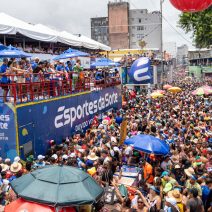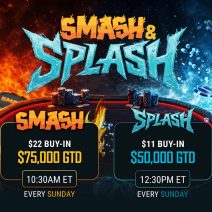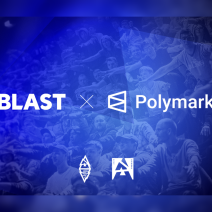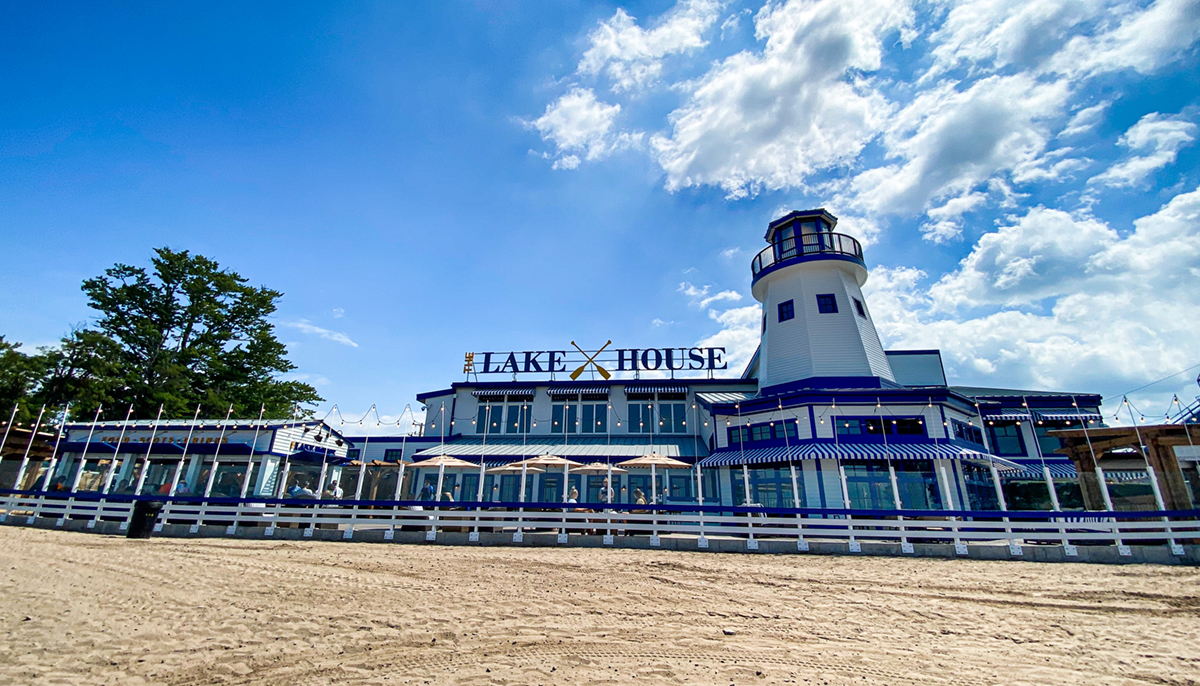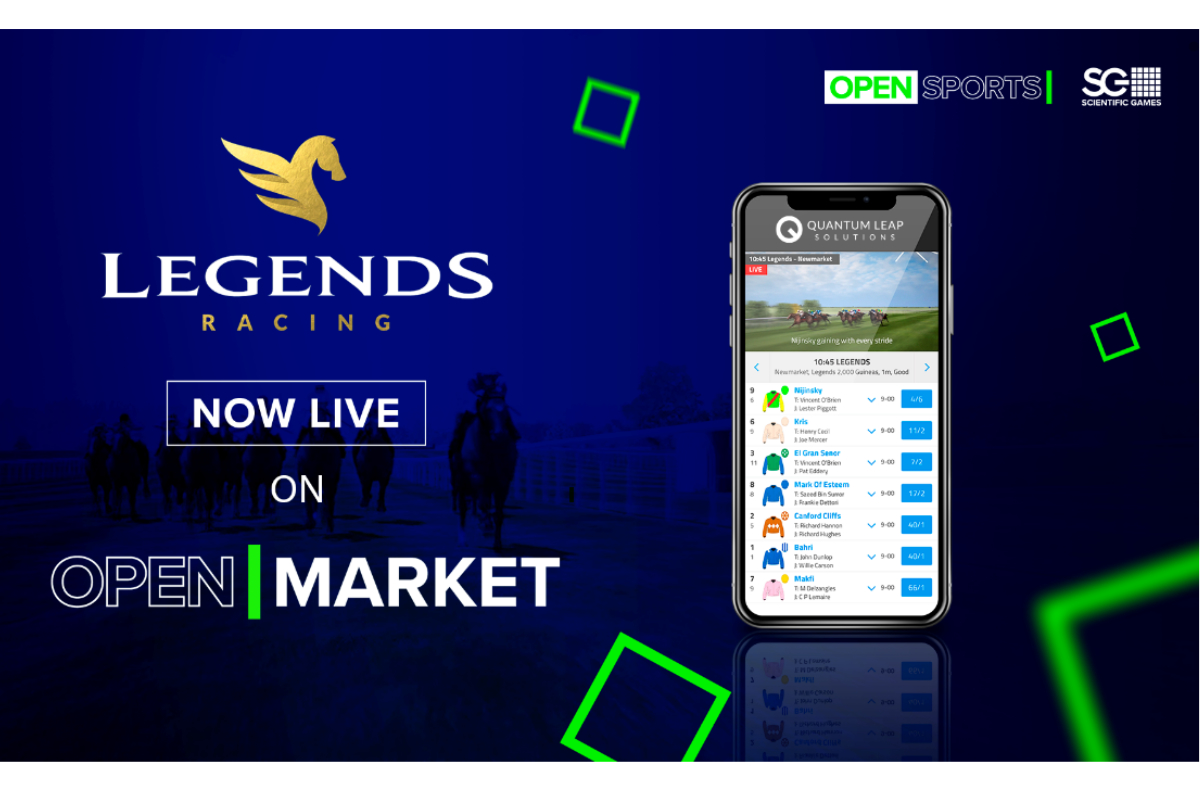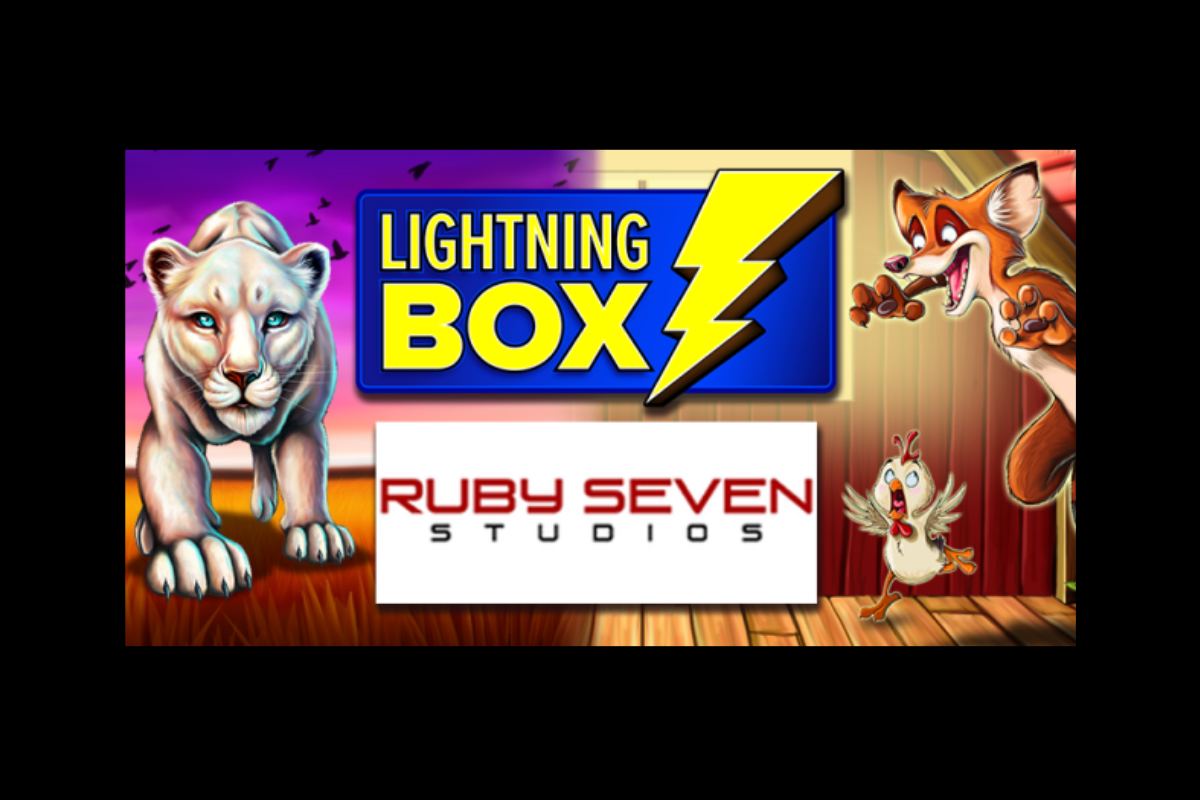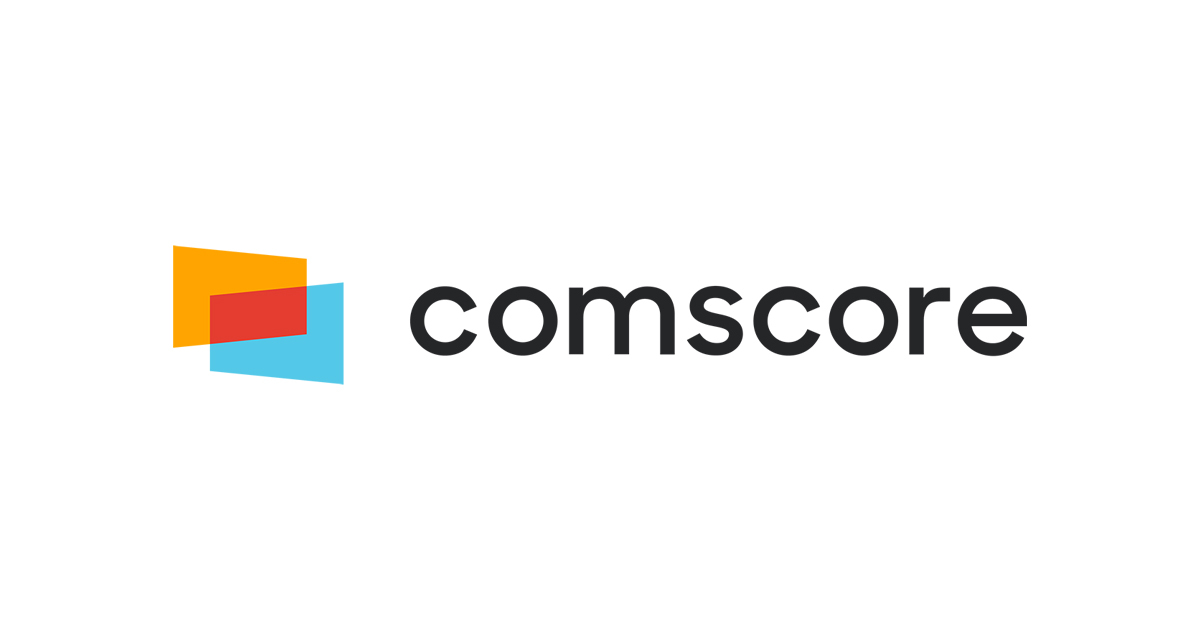
Comscore Captures Remarkable Shifts in Esports, Gaming and Livestreaming Behaviors with 2020 ‘State of Gaming’ Report
In 2020, there have been remarkable shifts in esports, gaming and livestreaming behaviors. That is why Comscore (Nasdaq: SCOR), a trusted partner for planning, transacting and evaluating media across platforms, is thrilled to release its in-depth 2020 State of Gaming report.
Drawing from in-depth 2020 survey data and Comscore’s massive behavioral dataset, Comscore’s 2020 State of Gaming report examines the behaviors, sentiment, attitudes, and preferences of gaming audiences, the impact of COVD-19 and the emerging categories in esports, livestreaming, cloud gaming and more. The report includes over 80 pages of insights, to help advertisers and their agencies better understand the gamer segment, how game advertising and product placement are seen by gamers, and where there are opportunities to leave an impression and connect with gaming audiences.
Key insights include:
- The online gaming landscape encompasses millions of homes and devices. In May 2020, there were 210 million total unique visitors to the gaming category. In that same month, 38 million U.S. households had a gaming console, up nine million households from May 2019.
- Mobile-only gamers, a more casual segment of gamers, make up just 15 percent of all gamers, while 36 percent of gamers regularly play on PC, console, and mobile. More than 1 in 3 gamers play on every platform (desktop, mobile, console).
- While traditional sports were paused during the COVD-19 pandemic, esports online visitation gained traction. As of April 2020, 25 percent of gamers had watched esports in the past three months.
- Less than 1 in 3 gamers say advertisements negatively impact their gaming experience. In fact, 31 percent of console gamers believe product placement makes games more real and 48 percent of all gamers would like to see more chances for rewarded ads in a day.
For more information and to purchase the full report, please visit https://www.comscore.com/Gaming2020.
About Comscore:
Comscore (NASDAQ: SCOR) is a trusted partner for planning, transacting and evaluating media across platforms. With a data footprint that combines digital, linear TV, over-the-top and theatrical viewership intelligence with advanced audience insights, Comscore allows media buyers and sellers to quantify their multiscreen behavior and make business decisions with confidence. A proven leader in measuring digital and TV audiences and advertising at scale, Comscore is the industry’s emerging, third-party source for reliable and comprehensive cross-platform measurement. To learn more, visit www.comscore.com
SOURCE Comscore

